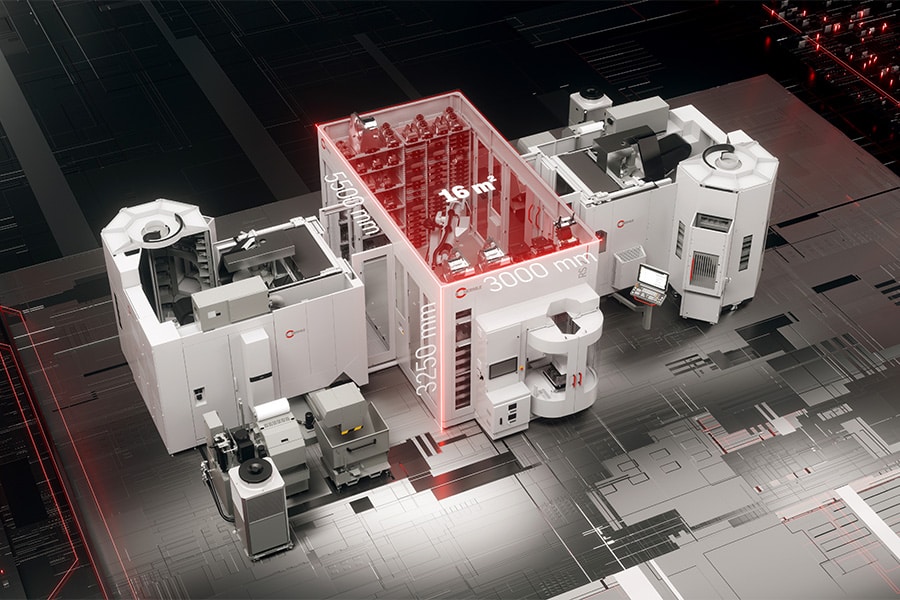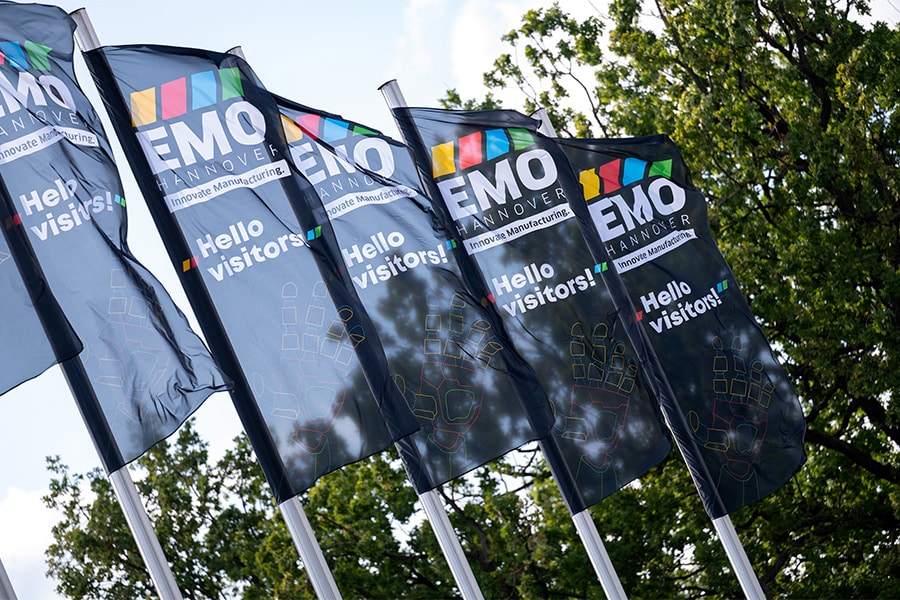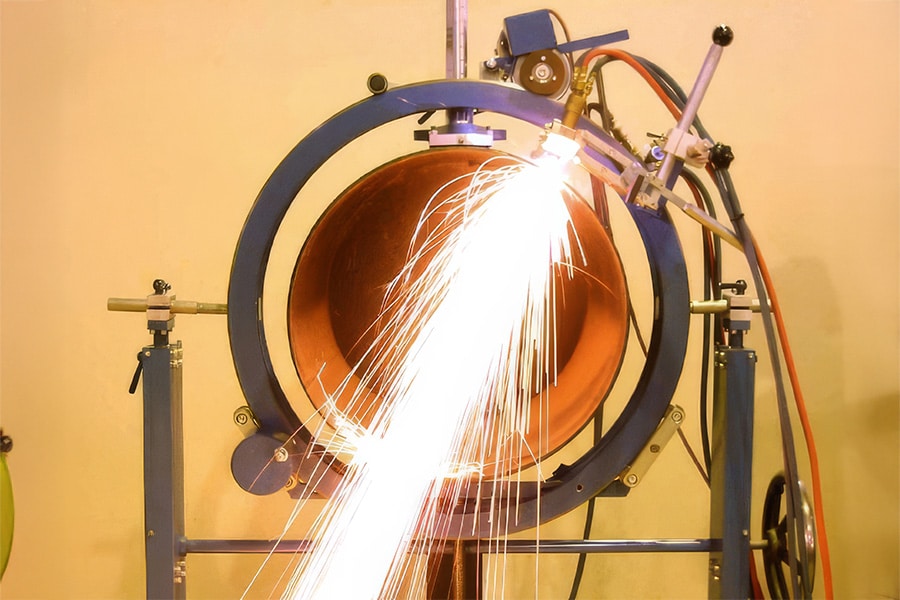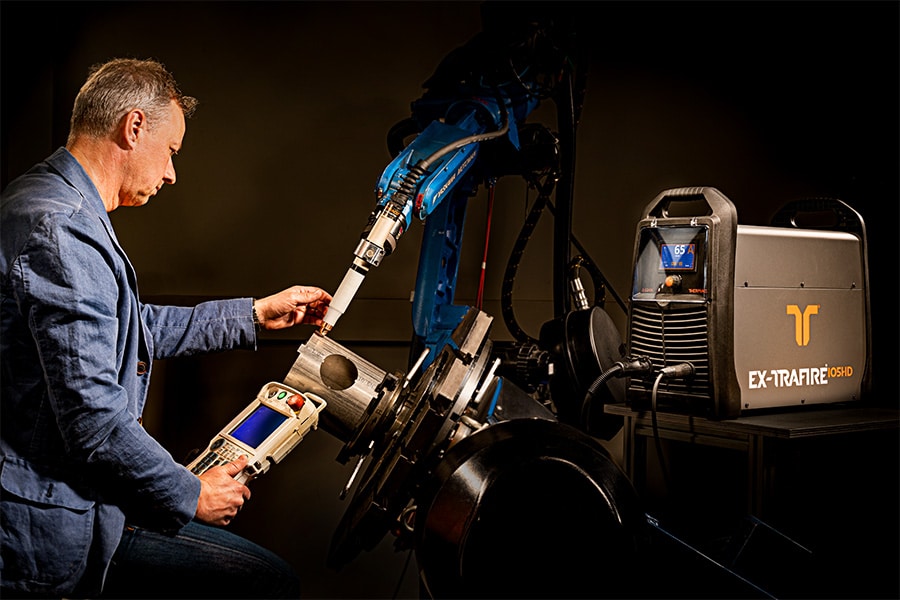
Innovation and technology key to competitiveness
We live in uncertain times. How high will energy prices be next week? Will the war in Ukraine last? Will it spread to here as well? When will certain materials again become less scarce and less susceptible to price fluctuations? In other words: doing business in the manufacturing and process industries is no easy matter. Yet Siemens does not see the future as bleak. It believes in the power of technology and innovation to get out of this crisis with greater competitiveness. Not more data, but smarter use of data is the key to future-proofing the metal industry.

Metalworkers' order books may still be well stocked for the coming months, yet there is no shortage of challenges. "The uncertainty and volatility that dominated the market last year will not be resolved in 2023. Controlling energy costs, getting the supply chain back on track, making our processes more energy efficient and sustainable ... are topics that are still on the agenda. As a technology partner, it will be important to help ensure continuity for our customers," says Thierry Van Eeckhout, vice president for sales digital industries Siemens Belgium-Luxembourg.
Power of data
So how to do that? For that, Siemens has full confidence in the power of data. Van Eeckhout: "Because it is the way to obtain transparency. About your own processes, but also about the relationships with customers, suppliers, partners... The more insight you have, the better you know which buttons to turn to respond to changing situations."
So digitization and automation are a must to cope with market volatility. But so are the other challenges facing metalworkers today. How can we become more sustainable? How can we continue to grow despite the scarcity of technically skilled personnel? "Importantly, it's not just about data. You have to extract only the data from your machine tools that can help you move forward, and you have to actually work with that data."
Pushing the pace of innovation
Whether that's in the cloud or in the edge doesn't really matter. "The application will make it clear what the most appropriate route is. If several people need to be able to work on that data together, then the cloud will lend itself better. If the data is time-dependent, then it's better to keep it local."
A great example of what data is all about is the digital twin technology in which Siemens pioneered. "By providing customers with an exact virtual copy, we gave them a tool to push the pace of innovation. After all, the days of trial and error are over. By simulating everything first in the virtual world, in the real world it can be right the first time. Through Sinumerik One, we can achieve seamless interaction between the two worlds. Anyone who wants to make a difference in the metal industry through innovation can no longer ignore digital twins," Van Eeckhout emphasizes.

Educating new generations
Tier I and II suppliers in the metals industry have since discovered that. But digital twins not only help companies innovate smarter and faster. In the metal industry, they are also proving to be valuable tools for getting machine operators ready faster and starting high-value tasks with the right skills.
Van Eeckhout: "Next year Siemens Belgium will be 125 years old. Educating the next generations has always been close to our heart. We are committed to continuous learning in our own ranks, but also support local and international initiatives to get more young people excited about technology."
Domestically, for example, there is the Siemens Industry Academy, which introduces engineering students to high-tech solutions in the field. "An initiative of which we are very proud, and which is also expanding more and more, with new partners joining. This is how we help narrow the gap between education and industry."

Accessible technology
A second way to do that is to make technology as accessible as possible.
"A responsibility that every technology supplier must take seriously. There will never be enough engineers standing up to fill all vacancies, but we can make sure that expert skills are not needed to operate our technology. Whether we are succeeding enough in this is difficult to measure. The world is complex, the challenges are great, but we do believe that technology is the key to achieving sustainable answers. We will not be able to do that alone. The future belongs to ecosystems, in which different partners put their expertise together with only one goal in mind: arrive at the most valuable solutions possible for the customer," Van Eeckhout concludes.



